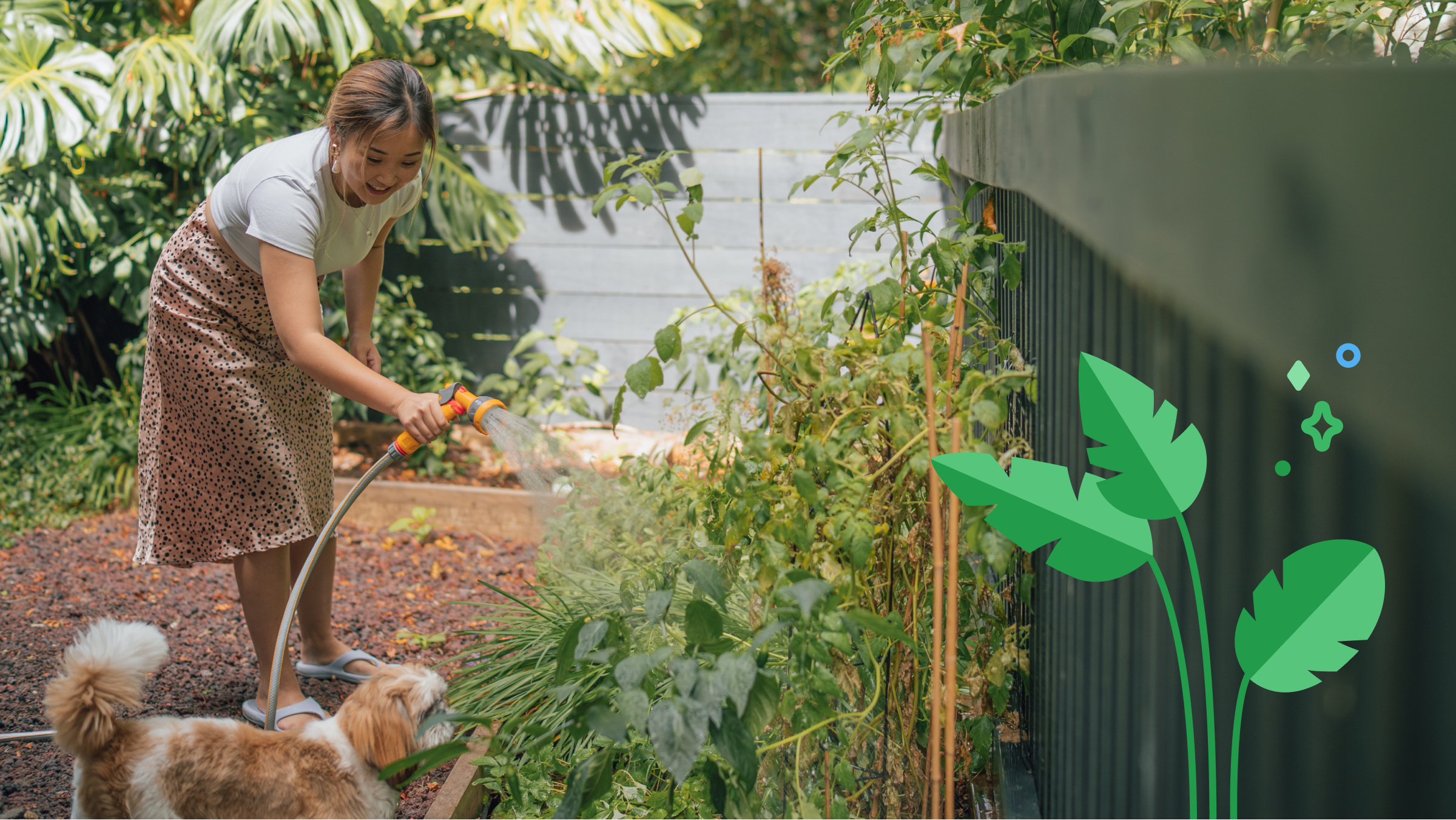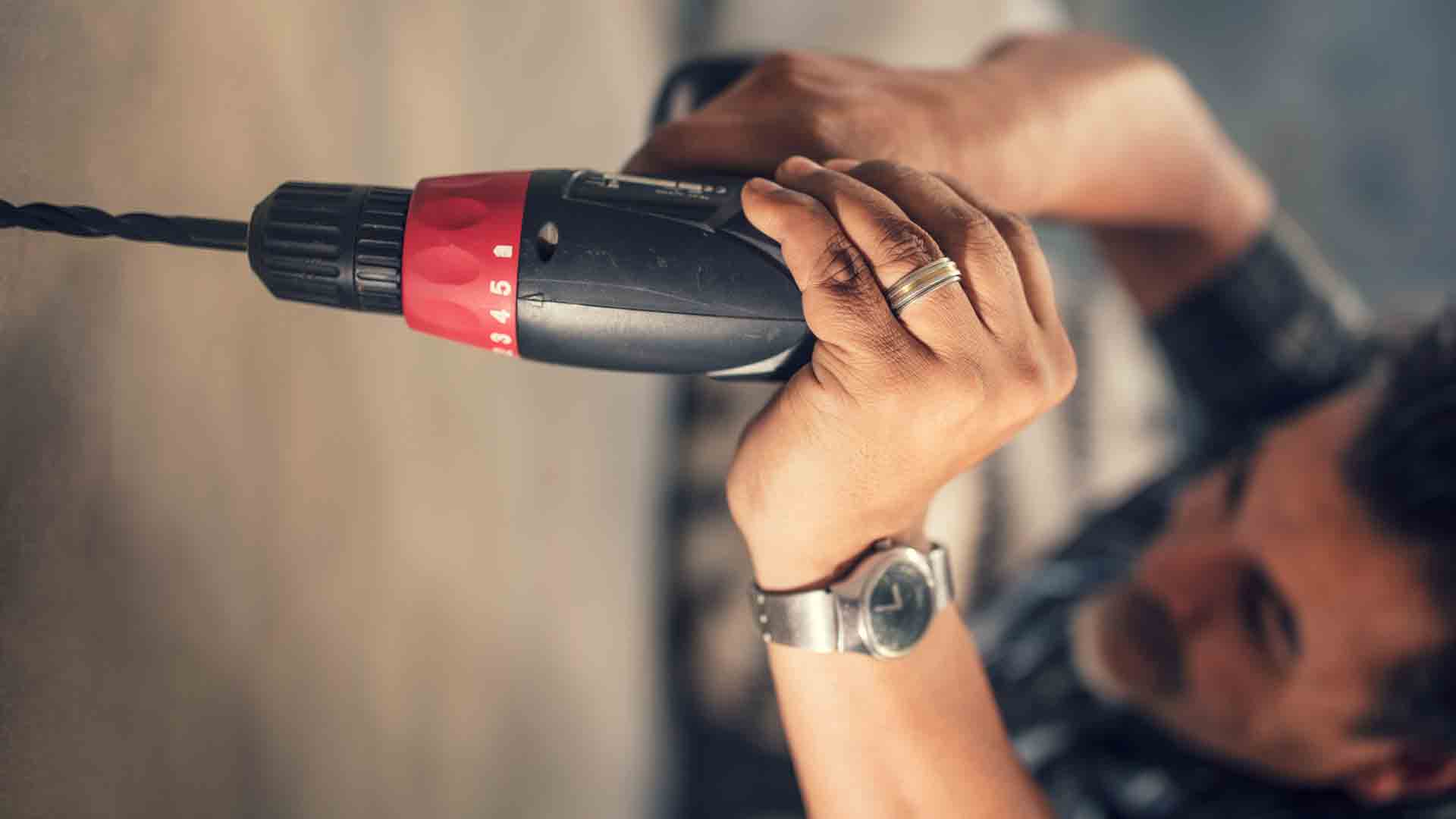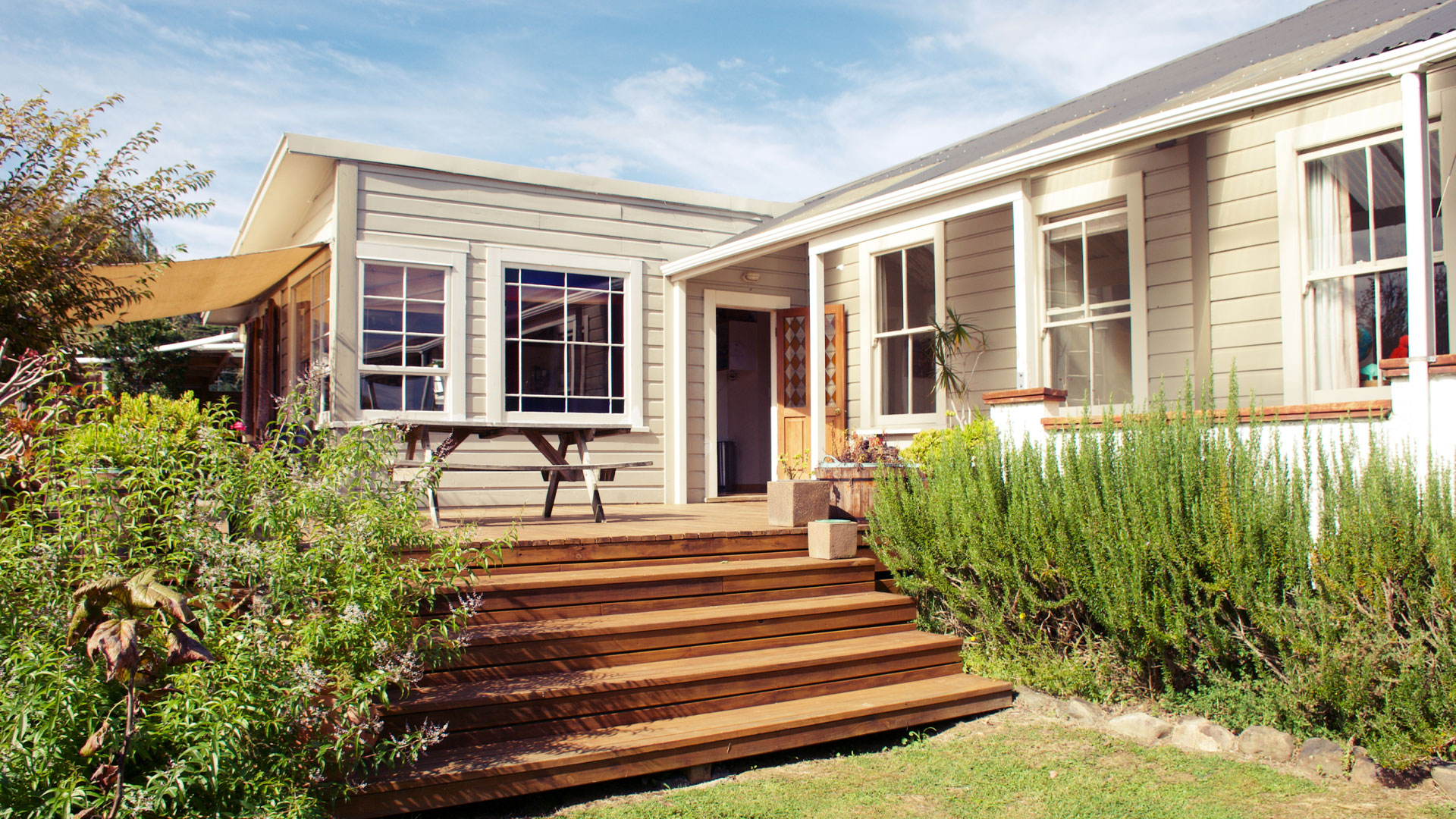Renting Guide
What are Landlord's & Your Obligations in NZ
What to expect from your landlord, and what they will expect of you.
Key landlord responsibilities in NZ
1. Making sure the property is in a reasonable state of repair
Landlords need to make sure their rental properties are healthy and safe to live in.
2. Allowing the tenant “quiet enjoyment” of the property
3. Providing an agent if they leave NZ for over 21 consecutive days
4. Giving notice if they intend to sell the property
Your landlord would need to give you written warning if they are planning to sell the rental property.
Your responsibilities as a tenant
1. Paying your rent and bills
2. Keeping the property tidy and clean, and letting the landlord know about issues
Your landlord will probably want to conduct inspections to check you're taking care of their property.
3. Only using the property as agreed
4.Only making changes to the property having consulted your landlord
5. Not disturbing others
Search
Other articles you might like









